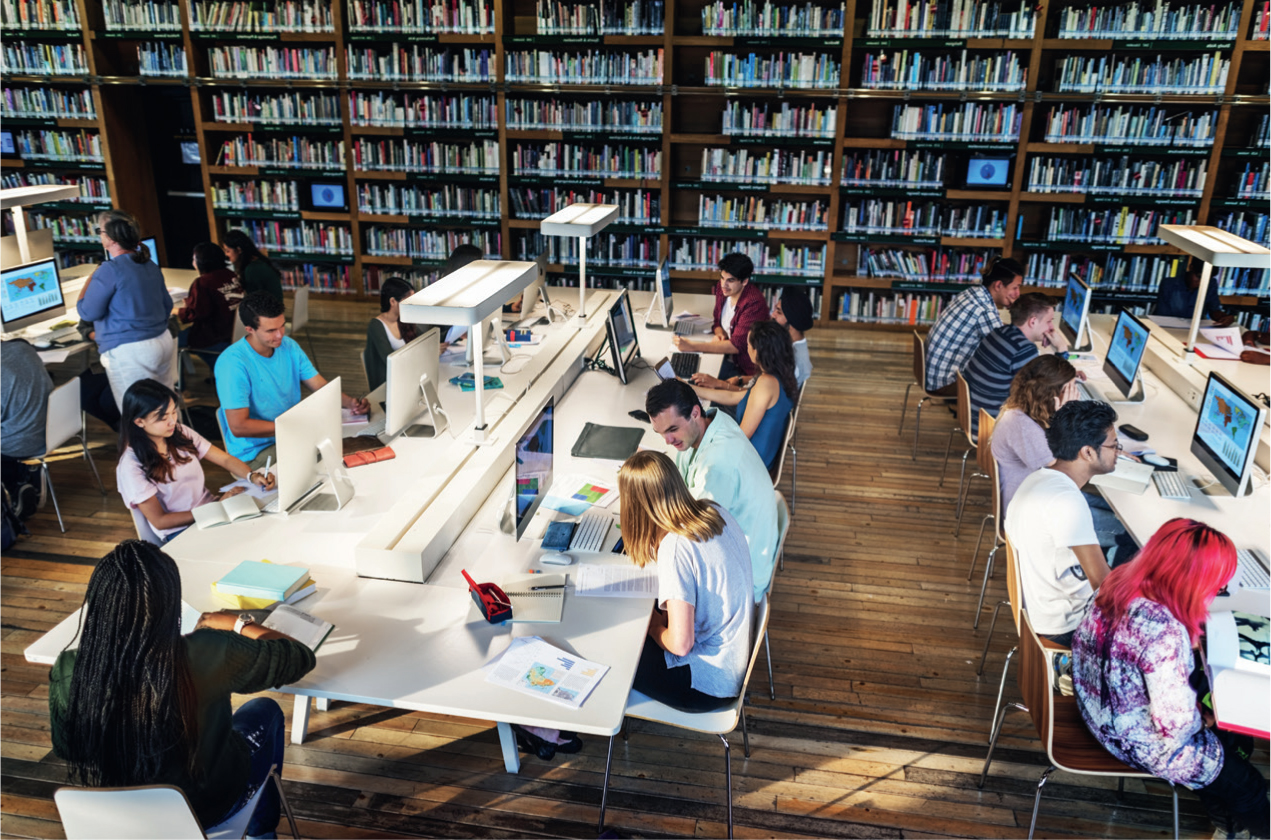The UK education system was not designed to sustain extended periods of shutdown—a measure inevitably imposed during the COVID-19 pandemic. Educational institutions have worked tirelessly, often relying on technology and online platforms in an attempt to manage the disruption caused to undergraduate study. However, the resulting impact has disproportionately affected students from disadvantaged and underprivileged backgrounds.
When you imagine a university student, you most likely conjure the image of someone who has recently completed school, studying full-time and able to prioritise their studies over other demands. If so, you would not be alone in thinking this as these are the students that UK universities still principally cater to, and around whom their practices are typically organised.
Though universities have implemented and encouraged special measures to prevent potential setbacks, these largely benefit privileged and advantaged individuals. Universities have altered their practices by introducing various examinations and assessments that are now taking place during, what is for many, their long-awaited freedom from education—the summer holidays. However, introducing strict and weighted exams during this time is likely to disproportionally affect those in less privileged situations. Even more troubling in this context are the persistent achievement disparities that emerge across socioeconomic backgrounds and between white students and students of black and minority ethnic heritage. Summer examinations not only establish disproportioned learning losses for these students, but they also widen and contribute to existing gaps, potentially leading to a rise in drop-out and referral rates.
The achievement gap has remained a persistent feature within the UK's education system. Unfortunately, despite varying attempts to manage and minimise disruption caused by the pandemic, there has been little progress in narrowing these disparities. In fact, in many ways, alterations to undergraduate study have arguably exacerbated and compounded them.

The summer break represents an essential period whereby disadvantaged students must seek employment in order to continue funding their study. It seems wholly unjustifiable to take away these precious weeks from individuals by packing their summer with new course work and examination deadlines so that the education system can ensure content is covered. Does this not create another injustice? University teaching is primarily structured around a traditional working day, with lectures, tutorials and contact hours typically confined within this short window. In addition, students are expected to contribute supplementary hours of independent study in order to achieve academic success. However, for students who rely on paid work alongside full-time study, the amount of time they are able to dedicate to academia is limited. For the imagined, privileged university student, these issues don't exist. The challenge for higher educational institutions is to embrace flexibility in a way that facilitates the growth and success of all students. However, the alterations made to undergraduate study in light of COVID-19 seem to add to, rather than help to alleviate, the considerable obstacles these students face.

The pandemic has resulted in many universities relying on technology and online platforms to sustain learning and relentlessly progress with examinations and assessments. While this may offer a measure of flexibility, the transition to online learning spawns new and damaging challenges. Many disadvantaged students lack the principle and basic resources that are essential in advancing their specific study. Online teaching is reliant on modern technology, a stable internet connection, a suitable area of study and the luxury of prioritising learning over essential employment. If you lack these ingredients, participation in online lectures and tutorials is largely unachievable and barriered.
In reality, some students simply do not conform to the ideologies that UK universities typically cater to. Disadvantaged circumstances, competing priorities and issues related to identity, unignorably limit the ability of these students to achieve academically and see themselves as equal and respected students, with equal and just opportunity. Regrettably, the pandemic seems to have intensified and worsened existing inequities among disadvantaged students, making it harder to partake and engage in academic material and undergraduate study.
As someone who has personally felt the insurmountable pressure associated with adapted education during this time, I believe that the issues relating to achievement gaps in all forms are grossly under-discussed and lack adequate representation. It is not an overstatement to suggest that students from disadvantaged backgrounds suffer. In fact, students who do not conform to the image of the typical imagined undergraduate are unduly losing out.
As such, universities need to develop more inclusive practices to attract, nurture and empower students from disadvantaged backgrounds and all sociocultural groups. The persistence and continued presence of the academic achievement gap is deeply disconcerting and is an issue that demands resolve.

